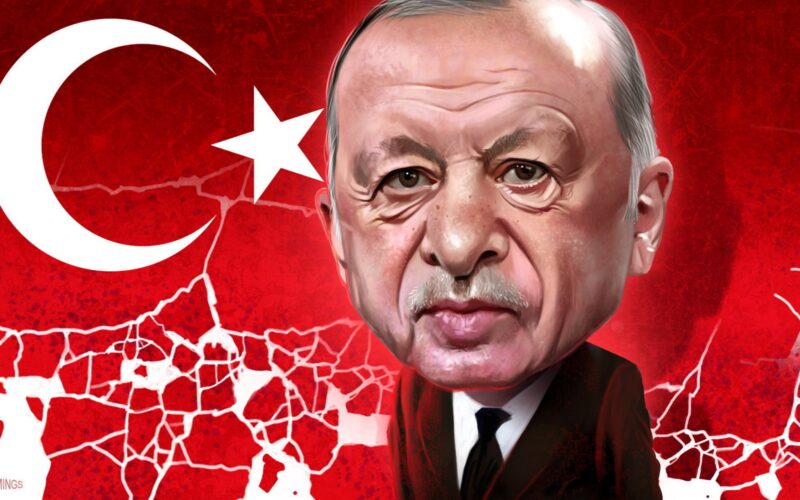The fallout of the catastrophic earthquake comes as the country’s leader faces his toughest re-election campaign yet
Last year, as Turkey marked the anniversary of an earthquake that ravaged parts of the country in 1999, Recep Tayyip Erdoğan hailed government “urban transformation projects” that would shield people from future catastrophes. “As humans, it is not in our hands to prevent disasters; yet, it is in our hands to take measures against their destructive impacts,” he said.
Now, the Turkish president stands accused of failing to do just that — and faces the enormous challenge of a vast humanitarian crisis. The country’s worst natural disaster in almost a century has already claimed more than 19,000 lives on their side of the border with Syria. Erdoğan is now battling criticism that his government was too slow in getting help to stricken areas and that Turkey was ill prepared. It comes at a time when the president, who rose to national power just after the turn of the millennium, is waging his toughest re-election campaign yet.
“This is going to be the major issue in the election . . . [it] is terrible news for Erdoğan,” said Berk Esen, an assistant professor of political science at Istanbul’s Sabancı University. Born in Istanbul into a working-class family, Erdoğan, now 68, began championing conservative politics as a teenager.
The diehard football fan led an Islamic party’s youth branch in his early 20s. He later shot to prominence when elected Istanbul mayor in 1994. In 2001, he founded the Justice and Development party (AK party), choosing an acronym that meant “pure” to contrast with the corrupt, chaotic coalition governments.
The AKP, which had roots in Turkey’s Islamist movement but cast itself as pro-European and pro-business, won in a landslide in 2002 as voters panned the incumbent’s economic mismanagement and handling of the İzmit quake. “The 1999 earthquake was one of the reasons the governing parties not only lost but were wiped off the map,” said Atilla Yeşilada, an analyst at GlobalSource partners.
Erdoğan, known for his powerful rhetoric and knack for getting things done, became prime minister in 2003. While much of his political energy was consumed by battles with the army and other institutions, he also embarked on a huge transformation of national infrastructure. This gathered pace after the global financial crisis, as a wave of cheap money flooded in. Turkish prosperity increased while new hospitals, bridges, highways and airports sprang up.
Source: Financial Times









